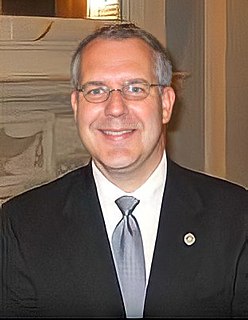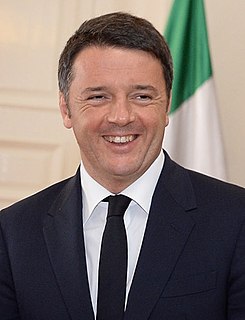A Quote by Brad Henry
In charting our course to the future, we are mindful of our path from the past.
Related Quotes
Our reliance in this country is on the inquiring, individual human mind. Our strength is founded there; our resilience, our ability to face an ever-changing future and to master it. We are not frozen into the backward-facing impotence of those societies, fixed in the rigidness of an official dogma, to which the future is the mirror of the past. We are free to make the future for ourselves.
Mindful consumption is the object of this precept. We are what we consume. If we look deeply into the items that we consume every day, we will come to know our own nature very well. We have to eat, drink, consume, but if we do it unmindfully, we may destroy our bodies and our consciousness, showing ingratitude toward our ancestors, our parents, and future generations.
Let each of us examine his thoughts; he will find them wholly concerned with the past or the future. We almost never think of the present, and if we do think of it, it is only to see what light is throws on our plans for the future. The present is never our end. The past and the present are our means, the future alone our end. Thus we never actually live, but hope to live, and since we are always planning how to be happy, it is inevitable that we should never be so.
The Past is dead, and has no resurrection; but the Future is endowed with such a life, that it lives to us even in anticipation. The Past is, in many things, the foe of mankind; the Future is, in all things, our friend. In the Past is no hope; The Future is both hope and fruition. The Past is the text-book of tyrants; the Future is the Bible of the Free. Those who are solely governed by the Past stand like Lot's wife, crystallized in the act of looking backward, and forever incapable of looking before.
What the nostalgic past and the imaginary future seem to share in common is a form of idealism, perhaps a dream of wholeness. Our future is just as goopy with sentiment as our past. To me, they're the same, both very tempting, and I don't believe in either, although the idealism is probably important.
And we should forget, day by day, what we have done; this is true non-attachment. And we should do something new. To do something new, of course we must know our past, and this is alright. But we should not keep holding onto anything we have done; we should only reflect on it. And we must have some idea of what we should do in the future. But the future is the future, the past is the past; now we should work on something new.


































